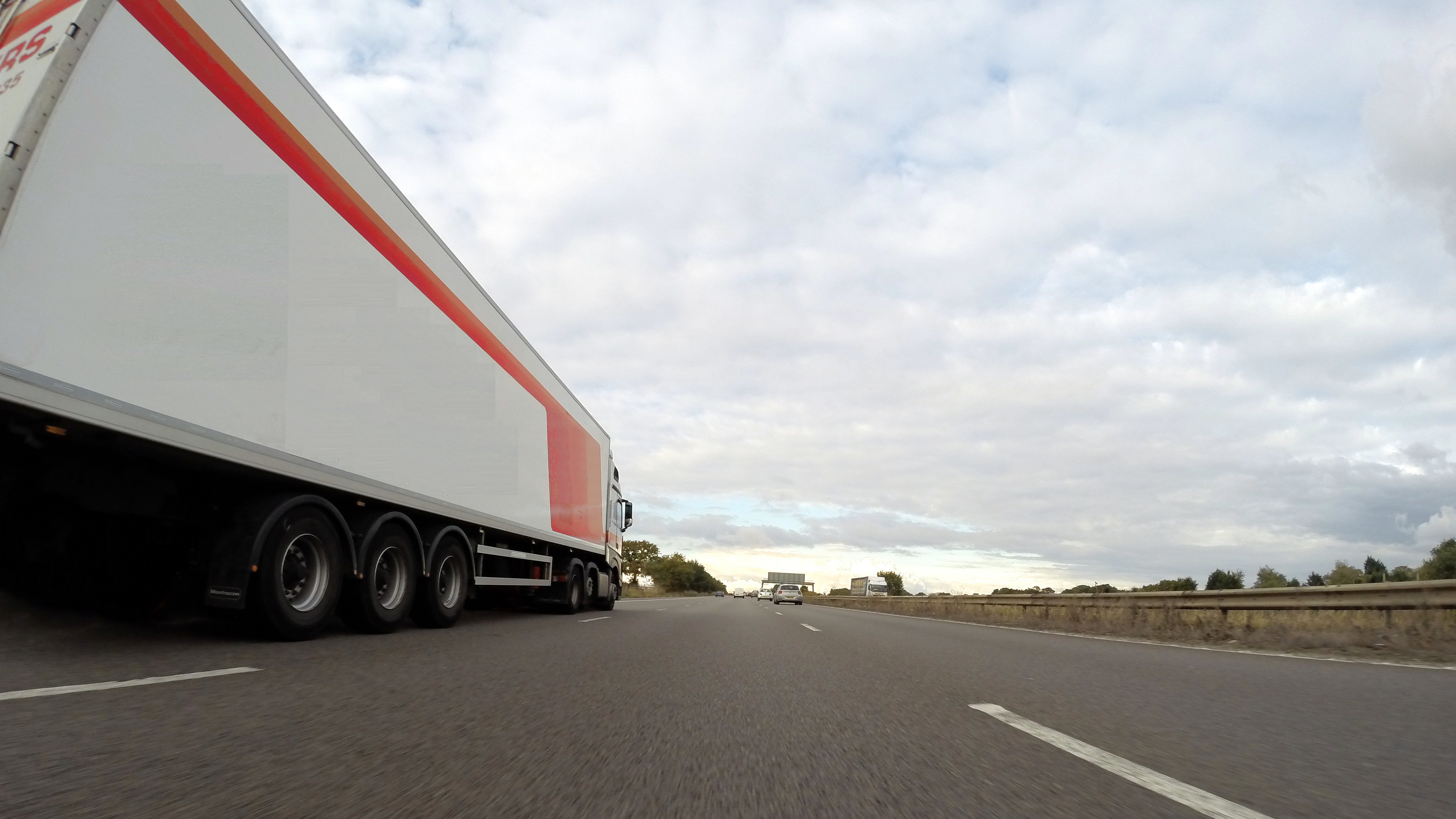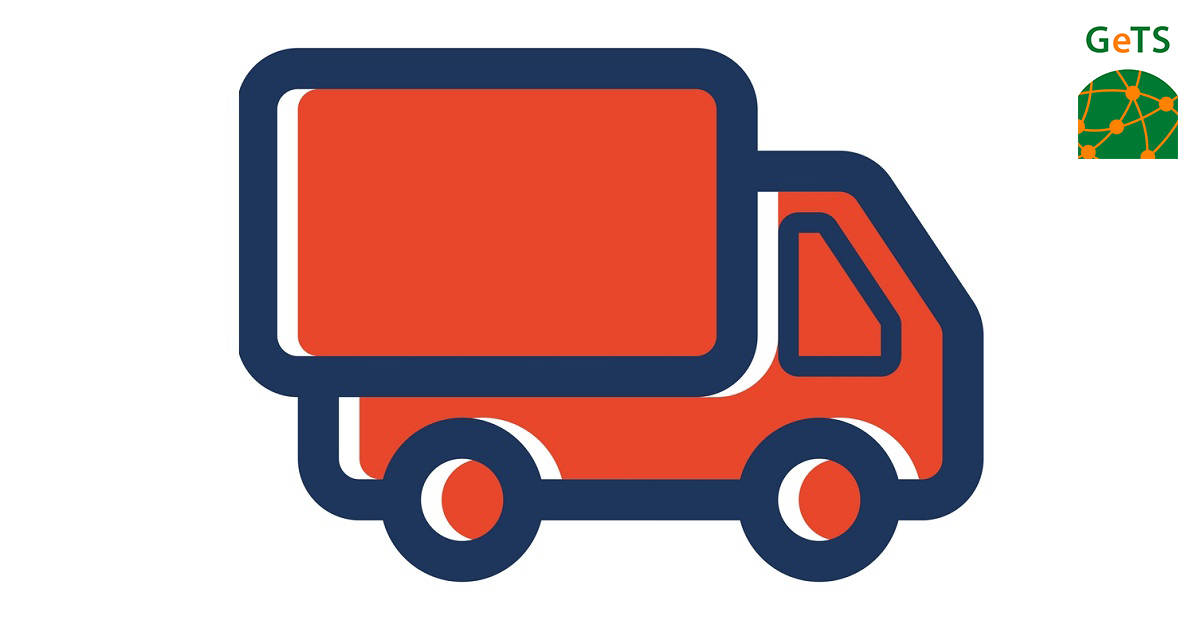Last Updated: Nov. 11, 2019 About 1.8 million Section 321 low value shipments arrive each day in the United States, presenting both opportunities and challenges for the trading community, U.S. Customs and Border Protection (CBP) and other stakeholders. With the rapid growth of e-commerce, the challenges are only expected to grow. CBP is looking to collect advanced data for Section 321 or low value shipments in order to better target high-risk cargo and protect the country from potential threats.
What are Section 321 Low Value Shipments?
Section 321 is a type of release option that allows cargo to be released by CBP duty and tax free. It is a type of informal entry designed to speed up the clearance of low value shipments, specifically those valued at $800 or less. The de minimis value used to be $200, but this was raised to $800 in February 2016 to meet the needs of the trading community, including accommodating the rise of e-commerce.
For importers and e-commerce retailers, the higher de minimis value means more affordable and predictable trade and faster clearance processing for parcel or low value shipments, which accounts for a huge chunk of e-commerce shipments. On the compliance side, however, the e-commerce boom means more control for CBP and regulating agencies. Parcels may be flagged more frequently and formal entries may be required regardless of cargo value.
Like other informal entries, Section 321 shipments do not require a customs bond. Section 321 shipments transported by highway carriers do require an eManifest submission, however. Section 321 shipments can be used for personal or commercial imports, something that many businesses leverage for their parcel or low-value e-commerce imports.
Shipments must not exceed $800 in value to be qualified as a Section 321 release. The shipment must also not be one of multiple lots under a single order or contract (which would make the total order value over $800) or exceed one transaction per person per day.
There are exceptions to the Section 321 release option, including goods requiring inspection before release (regardless of value), goods subject to Anti-Dumping/Countervailing duty (ADD/CVD), quota-class merchandise, and goods regulated by other government agencies like the Food and Drug Administration (FDA) and U.S. Department of Agriculture (USDA). Even if a shipment qualifies as Section 321, CBP may refuse clearance if the cargo is found to be high risk for a particular type of merchandise or class.
Section 321 Low Value Shipments: CBP e-Commerce Strategy

Much of e-commerce shipments are parcels or small package imports that qualify as low value shipments. Officially, CBP defines e-commerce as high-volume, low-value shipments purchased via electronic means. These shipments fall under Section 321, with the de minimis value of $800 or less. Section 321 shipments are duty and tax-free and do not require a formal entry.
While the e-commerce boom presents many opportunities for the U.S. economy, it also comes with unique challenges, particularly in terms of security and compliance. According to CBP, e-commerce expansion has raised the risk for illicit products to enter the U.S. as well as intellectual property rights violations.
Last March 2018, CBP announced its strategy to deal with the rapid growth of e-commerce. The e-commerce strategy is expected to strengthen the agency’s ability to protect citizens from health and safety threats while facilitating cross-border trade.
CBP plans to address challenges through various methods: educating the trade community and public to ensure compliance with customs regulations, working with foreign governments, other government agencies and the private sector to monitor the e-commerce environment, streamlining enforcement processes affected by e-commerce growth, and improving data collection from CBP systems and personnel.
The strategy also intends to improve legal and regulatory agencies, leverage enforcement partnerships locally and abroad, create a more agile workforce, and use state-of-the-art technologies and practices that target high-risk shipments and improve data collection. CBP has established the E-Commerce and Small Business Branch within the Office of Trade on September 12, 2016 to help with enforcement.
Traditionally, CBP’s enforcement focused on regular truck, rail, ocean and air shipments and not on high-volume, low-value shipments. This new strategy expands enforcement and directs resources specifically to e-commerce trade. Trade participants should expect more stringent rules on low-value shipment e-documentation, driver compliance, and parcel management in general.
Advance Data Requirements for Section 321 Low Value Shipments

Currently, CBP believes it does not receive adequate advance information about Section 321 shipments in order to find high-risk cargo. Beginning August 22, 2019, CBP will launch the voluntary phase of data collection on Section 321 imports to target high-risk e-commerce shipments. The pilot does not apply to mail shipments covered by 19 CFR part 145, shipments destined for a Foreign Trade Zone or shipments arriving by ocean vessel.
During the voluntary Data Pilot program, stakeholders from across the supply chain will provide additional information to CBP in exchange for expedited Section 321 clearance for compliant shipments. Participants in the pilot must transmit the Originator Code of the Participant (assigned by CBP) and Participant Filer Type to CBP, along with one or more of the following: shipment tracking number, house bill number master bill number, and mode of transportation.
Online marketplaces participating in the pilot must transmit the following data to CBP: seller name and address, buyer name and address, known marketplace seller flag, marketplace seller account number or seller ID, product picture, link to product listing, enhance product description, and listed price.
For participating carriers, the following data must be transmitted electronically to CBP:
Shipper name, address and country
Ultimate consignee name and address
Detailed description of the goods with ‘Section 321’ included in the commodity description. This is a more detailed description than what is on the eManifest and should reflect the description shown on the e-commerce website listing.
Shipment security scan (air carriers)
Known Carrier Customer Flag
Section 321 eManifest for Highway Carriers

The information above is separate from the eManifest data requirement for highway carriers transporting Section 321 shipments into the U.S. (starting Jan 1, 2019). The eManifest contains information about the cargo, conveyance and crew and must be submitted to CBP in advance of arrival. eManifest data must be sent to CBP via ACE using the ACE Portal, EDI (electronic data interchange) or a third party solution.
While free to use, the ACE Portal is designed for low-volume filing only, and CBP recommends a more robust EDI solution for retailers and frequent importers. Businesses not using the Portal will need to either establish direct connectivity with CBP or use EDI services provided by a third party. CBP has published a list of approved IT providers that have completed systems testing with the agency to ensure accuracy and uninterrupted data transmission.
Highway carriers who fail to comply with the eManifest requirement for Section 321 shipments will receive a monetary penalty ($5000 for the first offence and $10,000 for subsequent offences).
Section 321 Low Value Shipments: How GeTS Can Help

For many years, Global eTrade Services (GeTS) has helped numerous e-commerce businesses and trade participants simplify trade processing and optimize CBP compliance with its comprehensive, advanced solutions. Whether you need a dedicated eManifest filing software that is accessible anywhere, integrated EDI connectivity for seamless communication, or e-commerce managed services that allows you to save money, we can help.
To learn more, visit our ACE Section 321 page or contact us today.
Related Pages:
CBP Entry Type 86 Clearance for eCommerce Shipments
What Importers Need to Know About Section 321 Entry Type 86
How to Clear Express Consignment Carrier Facility (ECCF) Shipments
What Is Section 321(CBP Shipment Type)?
ACE (Automated Commercial Environment)
Benefits that Enterprises Gain from Automated Commercial Environment US
Benefits of Using ACE US
What is SW - Single Window US?
Benefits of Using USA Single Window
ACE Highway
ACE ABI for US CBP
ACE Air
ACE Ocean
ISF “10+2”
Truck Section 321 eManifest Requirements from U.S. CBP
Contact GeTS today for more information on Truck Section 321!
CANADA
GeTS eTrade (Canada) Inc.
100 York Boulevard Suite 260
Richmond Hill,
Ontario, Canada L4B 1J8
North America toll-free
+ 1-877-763-6887
Local North America
+ 1-905-763-6887
Fax: 1-905-763-2321
UNITED STATES OF AMERICA
Global eTrade Services, Inc.(U.S.)
19800 MacArthur Blvd. Suite 300
Irvine, California, U.S.A.
92612
North America toll-free
+ 1-877-763-6887, (Sales, Support, Billing)
Local North America
+ 1-905-763-6887 (Sales, Support, Billing)
Fax: 1-905-763-2321



